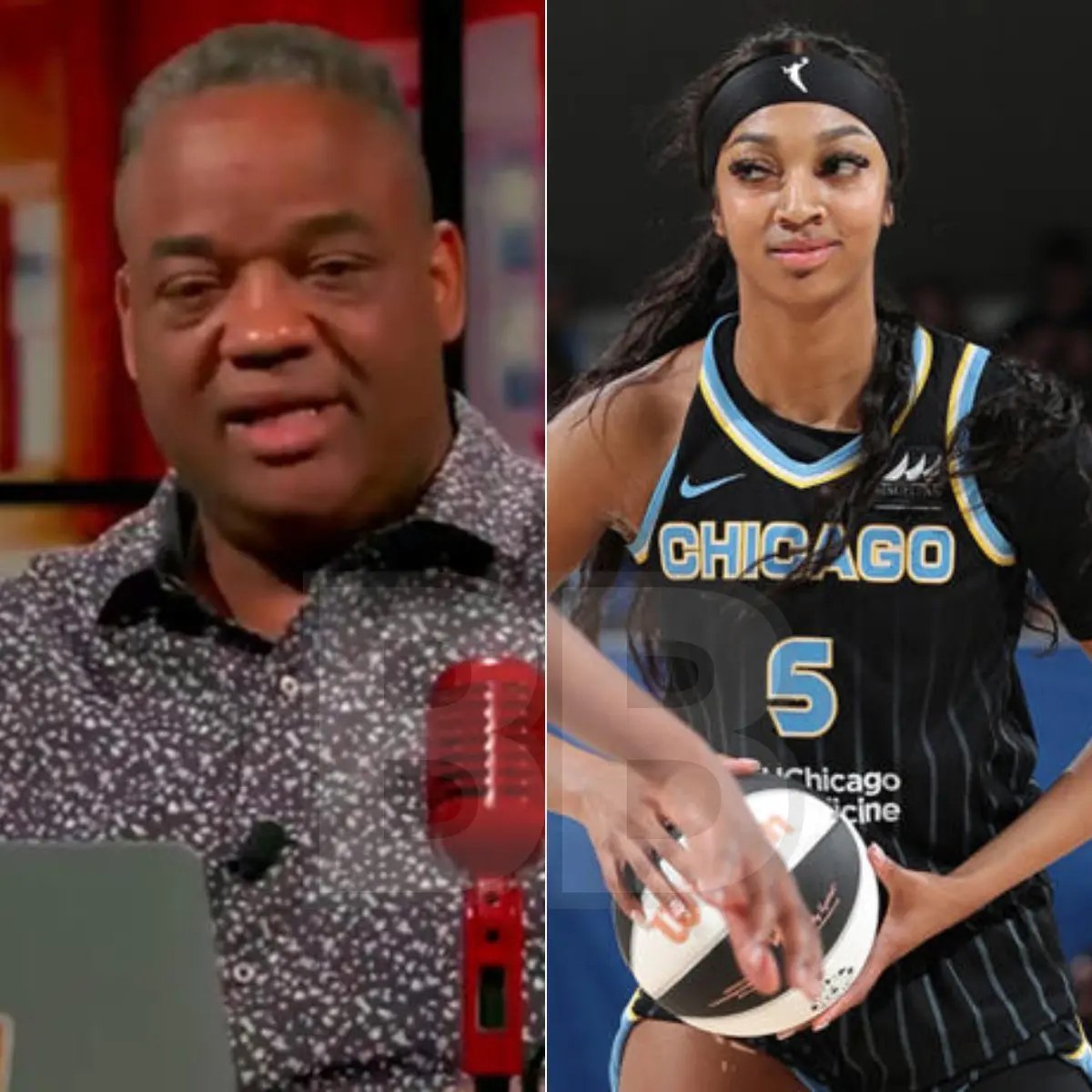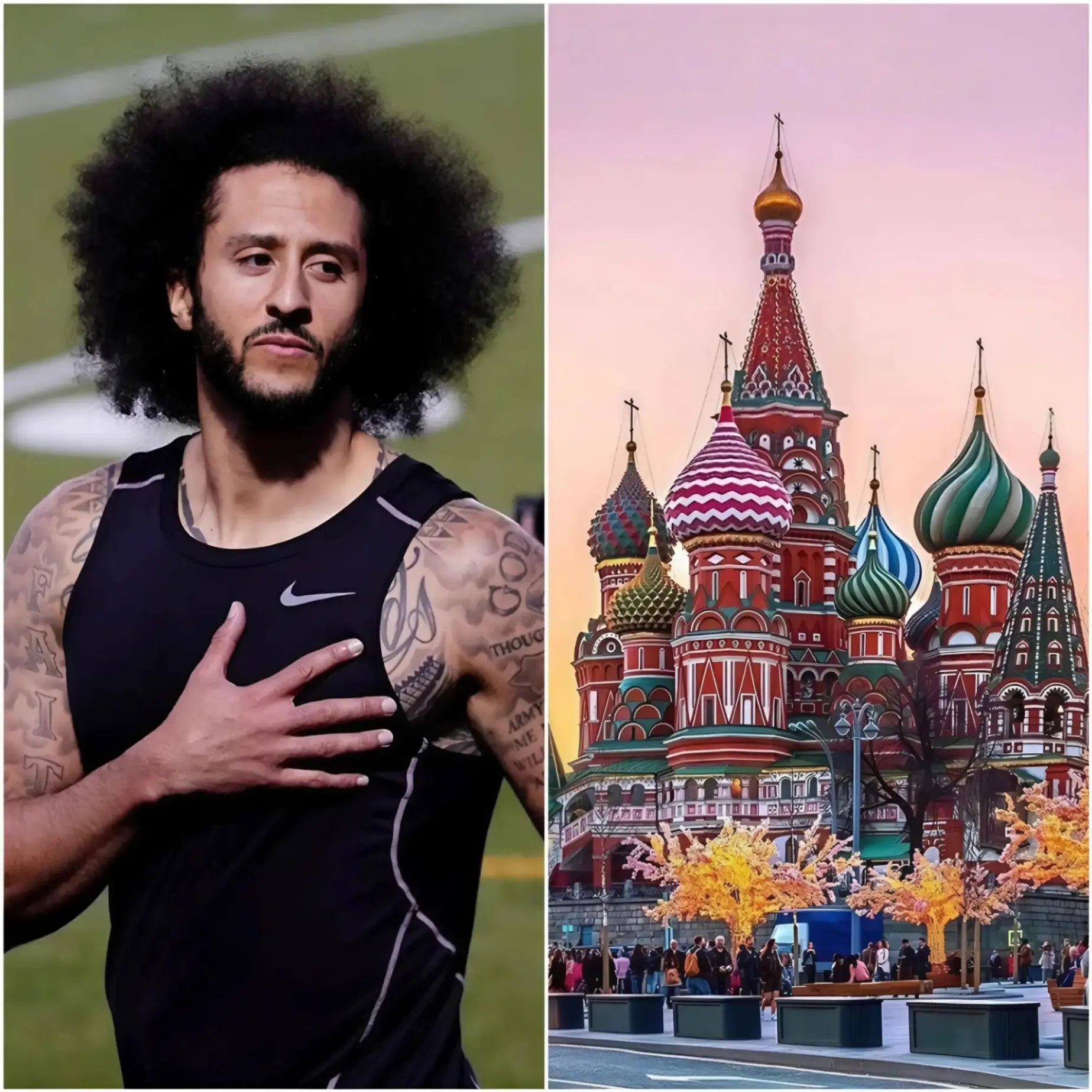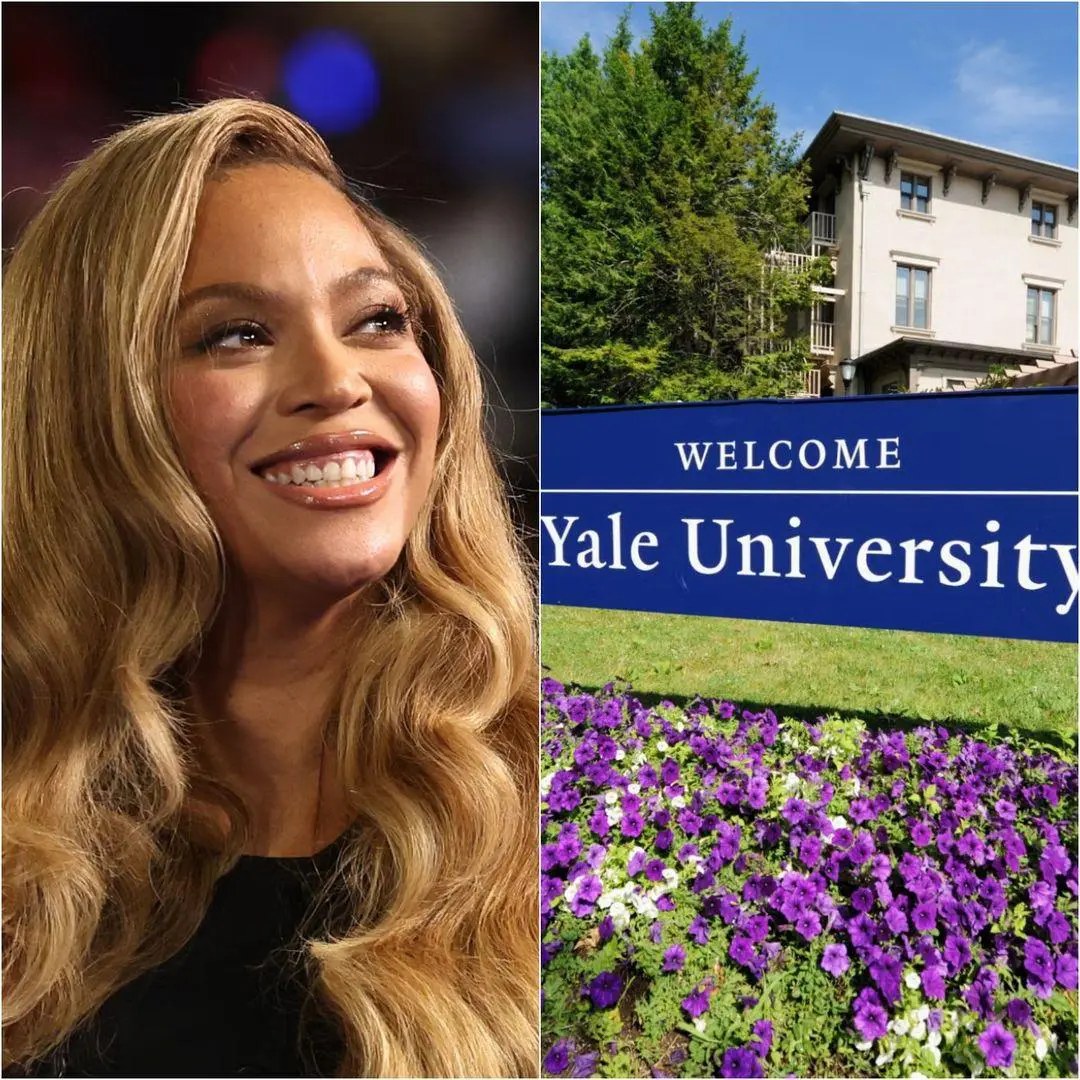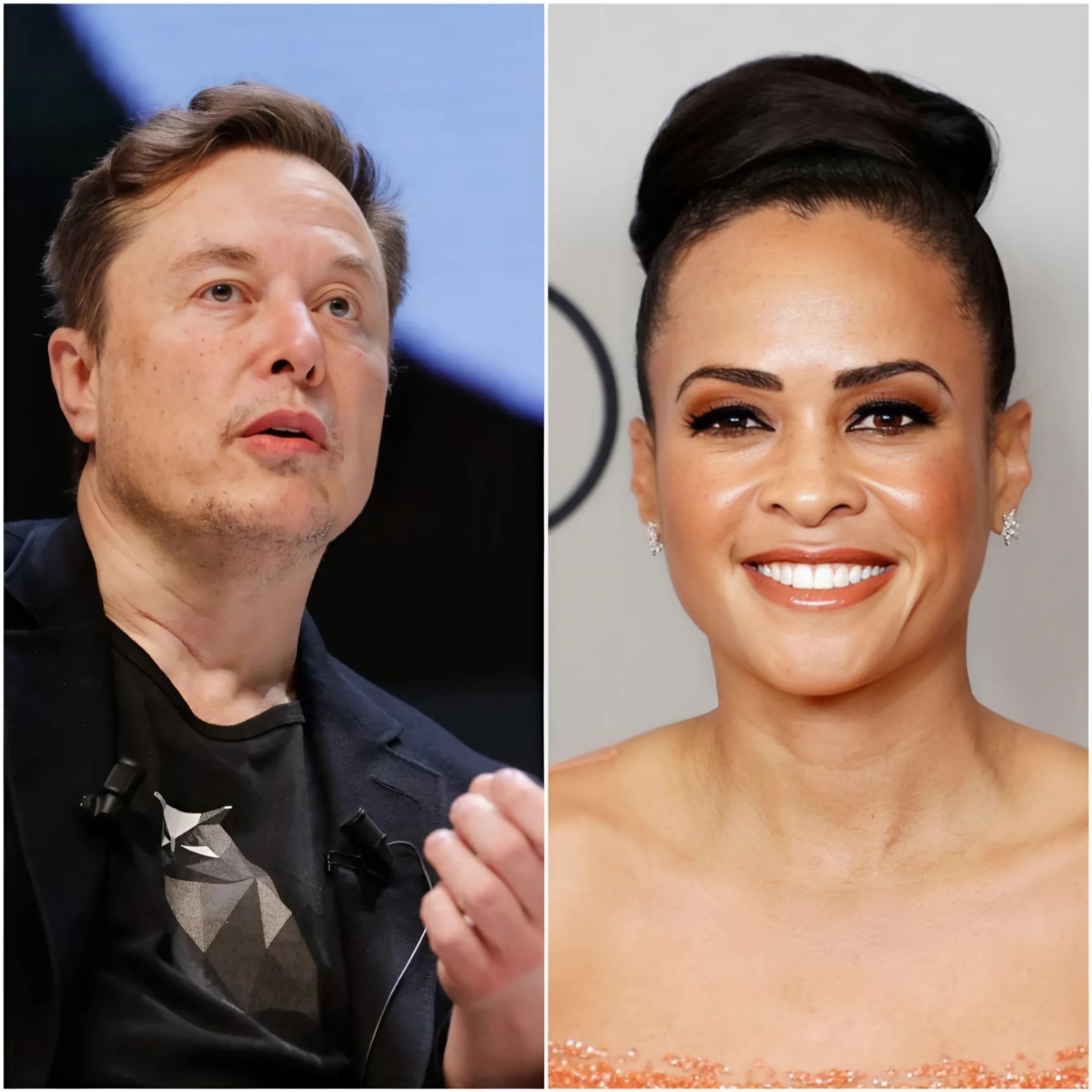Many people, however, see this decision as an overreach that could limit positive representation for marginalized groups, especially given the popularity and influence of Disney’s content. Disney has been a notable advocate for diversity and inclusivity, producing content that often includes LGBTQ+ characters and Pride-themed stories aimed at normalizing these identities within the fabric of popular culture. Supporters of this type of representation argue that children benefit from seeing diverse identities reflected in media, as it fosters inclusivity, empathy, and understanding from an early age. This kind of content, they argue, can also serve as a lifeline for LGBTQ+ youth who may not see their experiences mirrored in other aspects of their lives.
Critics of Musk’s decision also emphasize that limiting access to certain types of content because it is labeled “woke” can have far-reaching implications. They argue that restricting certain narratives or identities sends a message of exclusion rather than acceptance, potentially stigmatizing the very people that Pride content seeks to represent. Opponents assert that a nuanced approach is required, one that respects parental preferences without compromising representation for groups that often lack visibility in mainstream media.


















